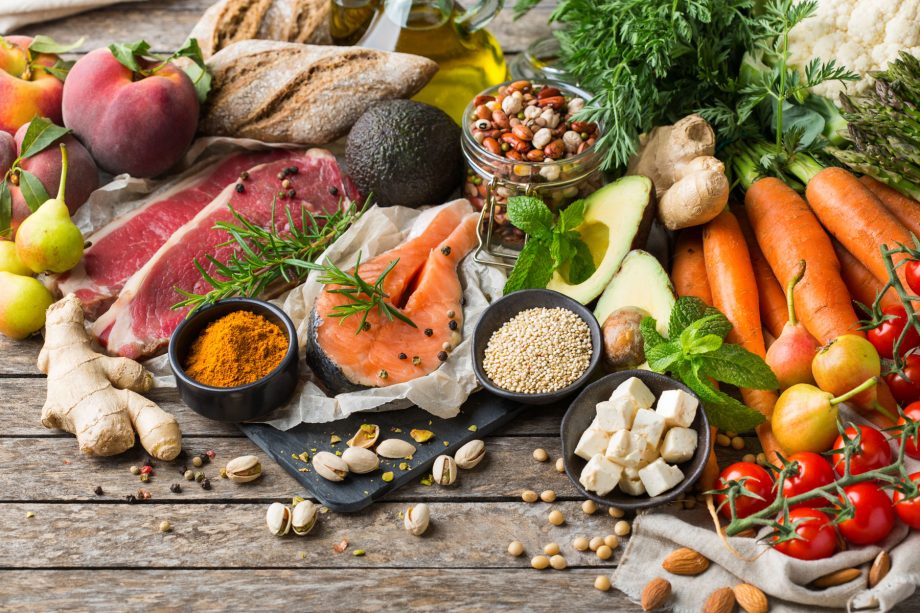We'd all like the chest of Russell Westbrook the legs of Cristiano Ronaldo and the shoulders of Chris Hemsworth, but the reality is that's quite the ask.
Most of us would settle for just being healthy.
But in this age of Uber Eats and Uber Temptation, it's easy to find yourself in a Netflix and swill cocoon, subsisting off a diet of popcorn, pods, and takeaway.
Or is that just me?
In any case, the obesity epidemic in the United States (and, to a lesser degree, Australia), as well as the various other eating disorders which are prevalent, are testimony that it's not easy for everyone to have a healthy relationship with food.
While we can't flick that switch for you, we can bring you the insights of nutrition coach Max Lugavere, who consistently takes to Instagram with savvy nutrition advice, for those who seek a healthy – but non-puritanical – relationship with what they put on their plate.
Lugavere recently posted a graphic that demonstrates, "The power of switching your diet to more whole foods and fewer processed foods."
View this post on Instagram
"Here are some powerful examples of how not only switching to more whole foods will help your waist line but it will also help your overall health," Lugavere captioned the post, claiming that the key concept is calorie density.
"Don’t just take my word for it. In a 2019 crossover trial by Hall et al, ultra-processed diets caused excess calorie intake which in turn led to weight gain unlike the minimally processed food diet."
Though it's no shock takeaway foods of the sort featured in the graphic are more calorie-dense than whole foods, here at DMARGE we found it startling just how big the difference is.
Lugavere then cited another piece of research: "Another 2019 study by Schnabel et al. linked an increase in consumption of ultraprocessed foods with a higher risk of all-cause mortality. (About a 14% higher risk of all-cause mortality for every 10% increase in ultraprocessed food intake)."
He added: "A 2014 study by Wolfson et al. found that people who cook at home 6-7 nights a week compared to those who eat out often, save on average 150 calories per day—that’s 1,050 calories a week! Not to mention all the cheap added oils, sugar and other additives you avoid by cooking your own food."
"Now, it’s not about being perfect! If most of your diet comes from whole foods and trusted brands that have minimally processed ingredients, there will still be room for fun foods when the occasion strikes or if you want a tasty treat."
Lugavere then left a number of tips for anyone not sure how to get started on their whole food journey.
- Stop drinking your calories (aside from soups, low sugar smoothies or protein shakes)
- Make a habit of grocery shopping every week
- Start a meal prep routine
- Cook more dinners at home
- Try remaking some of your favourite desserts from scratch in the kitchen with healthier ingredients
- Read food labels and make sure you can understand what’s even in the packaged foods you choose
View this post on Instagram
Food for thought.
Read Next
- I Ate Like Chris Hemsworth For A Month. It Nearly Broke Me
- Forget The Ketogenic Diet; 2021 Is All About Being A Nutrivore
Subscribe to the DMARGE newsletter
Follow DMARGE on Instagram
Follow DMARGE on Facebook
The post ‘Powerful’ Image Shows The Benefits Of Switching To A Whole Food Diet appeared first on DMARGE.
from DMARGE https://ift.tt/3iv71qW








0 comments:
Post a Comment